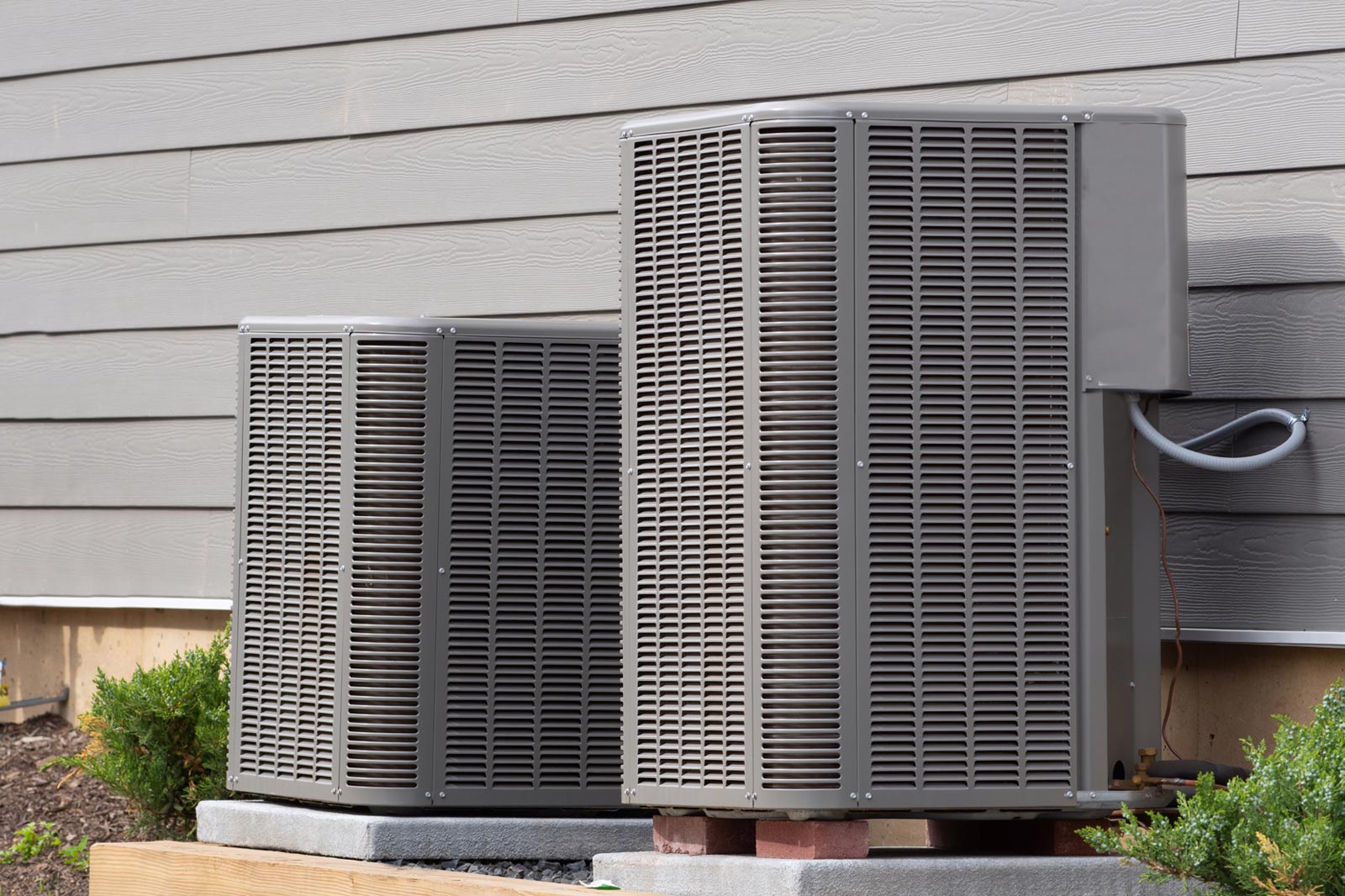6 Tips to Consider During HVAC Replacement
When you buy a car, it is easy to let fashion, features, and fun lead your purchase, but that decision often leads to regret. A little research into available options and performance added to all the fun stuff generally aids in making a better purchase decision.
If the time has come for an HVAC Replacement, a little preparation and research will help you make a better decision. Since your air conditioner may last 15 years or more, this little bit of homework should help your family stay more comfortable for years to come.
1 Find a Professional Contractor
Few people are prepared for an HVAC Replacement to be a do-it-yourself project. Ask around among friends and family for positive referrals. Explore websites for professional certifications and brand partnerships. Request a few quotes to gauge customer service skills.
Not only is the contract team selling and installing your system, but they will also maintain and repair it over the next couple of decades. Work with good people, get to know them, and build a trustful relationship.
2 Explore HVAC Ratings
Typically air conditioners wear out sooner than furnaces, but normally both are replaced simultaneously. It is wise to learn a few of the rating acronyms to help you compare products.
- BTU or British Thermal Unit is a measure of heating capacity answering the question “How much temperature change is my furnace capable of handling?” The number will be big in the hundreds of thousands.
- SEER and EER are maximum efficiency ratings for air conditioners. SEER 14 rating in the minimum standard for AC units sold in the U.S.
- HSPF is the efficiency rating for heat pumps. (Heat pumps function to both heat and cool your home in most applications.) The current minimum rating is 8.2 HSPF, but by 2023 the standard will rise to 8.8 HSPF.
- AFUE is the efficiency rating for fuel-based furnaces. The minimum rating for the U.S. is 78%, while energy-efficient furnaces will be at 91 to 97%.
3 Understand HVAC Size
A qualified HVAC contractor will make a home visit and gather general information concerning your home; this will include square footage, number, size of windows, insulation type, etc. The information will be entered into a load calculation formula resulting in a customized HVAC plan for your house. You will have several choices concerning efficiency and accessories.
Sizing is very important! Installing a system that is too big results in short cycling and high humidity. Installing a system that is too small results in functional stress and poor comfort. Both will shorten the life cycle of your system.
4 Accessories
Ask about accessories and add-ons that will improve the comfort, safety, and efficiency of your new HVAC system; adding them during installation will save time and money. A few suggestions are:
- A programmable or smart thermostat. Both allow you to program temperature setting changes that improve comfort and energy cost savings; Smart thermostats have a mobile app with abundant features to let you enjoy your system more.
5 Sticker Shock Vs Long-term Cost
Spend some time with your HVAC contractor, discussing the initial cost of the HVAC Replacement compared to long-term performance. The results will be a long-term satisfaction that you made the right decision. The evidence happens once per month as you pay your utility bill.
6 Regular Maintenance Savings
As part of your HVAC Replacement decision, discuss a regular maintenance plan for your HVAC system. The manufacturer will suggest an annual check-up of the system to clean and inspect the complex components. This keeps the system running smoothly and will add years to the life of your HVAC system. Consider scheduling the check-ups during the purchase conversation.
Is an HVAC Replacement in Your Future, We Can Help
Call us when you are ready for your next HVAC replacement. Call Doctor Cool & Professor Heat today at 281-338-8751 or email Doctor Cool and let our professional HVAC installation technicians assist in choosing the best HVAC system for your home.

